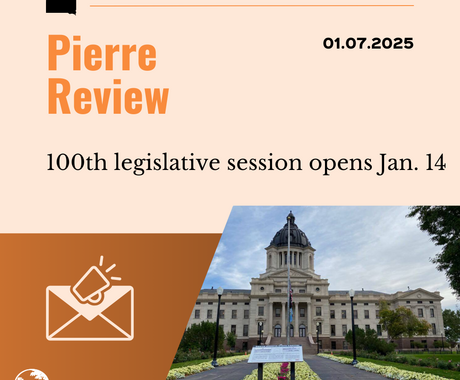The use of telehealth services has improved health care access in rural communities across Nebraska.
Residents having limited or no access to a clinic or hospital have used the technology to get treatment for issues not requiring immediate medical attention, meet with their provider between visits, and consult with a specialist not otherwise available in their area.
But, for some patients, insurance coverage for the service is not comparable to an office visit.
While Nebraska law requires private insurance companies to offer service parity for telehealth visits, there are no requirements for insurance companies to offer payment parity. This means the patient ends up paying more for care provided virtually than they would for an in-person visit, even when an in-person visit isn’t an option.
This would change under legislation introduced in the Nebraska Legislature. Sen. Tom Brewer’s Legislative Bill (LB) 256 would require insurance companies to offer the same reimbursement rate for telehealth visits as they would for those conducted in person.
The requirement would reduce the barriers to accessing essential medical services. While insurance may cover a portion of telehealth services, the portion not covered, as well as the distance needed to travel to access these services in-person, are inhibiting factors to receiving medical care.
With payment parity, rural clinics are guaranteed reimbursement for medical services provided electronically, which could lead to more availability. Payment parity could also provide an additional revenue stream for rural health care clinics facing closure due to financial issues.
With access to care shrinking, and hospitals struggling with staffing levels, rural Nebraska needs to leverage technology. LB 256 is a proactive measure that will make a difference. We encourage the Legislature’s Banking, Commerce, and Insurance Committee to vote yes on LB 256 and allow this legislation to be debated on the floor.





